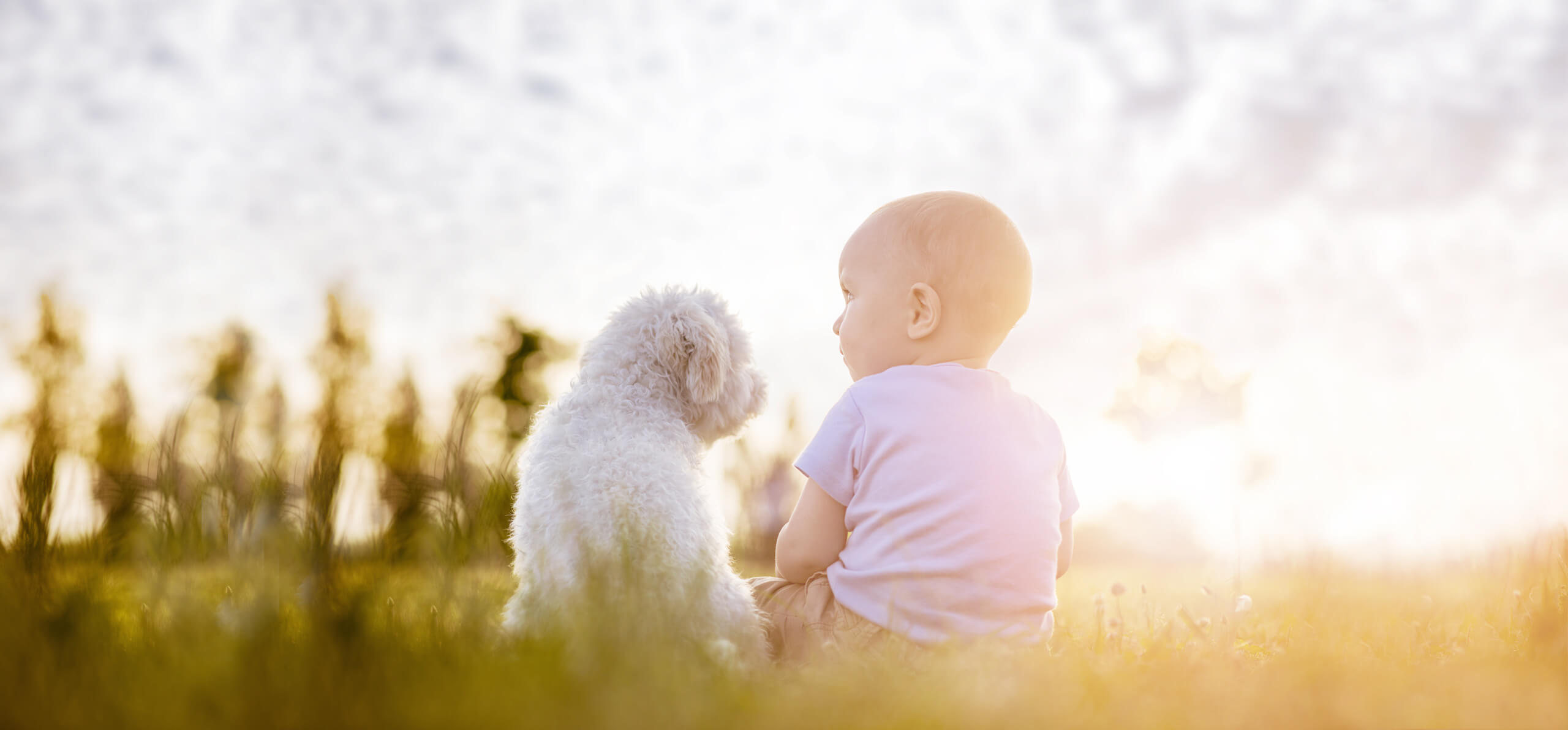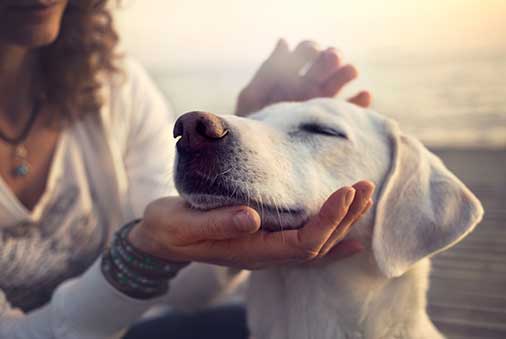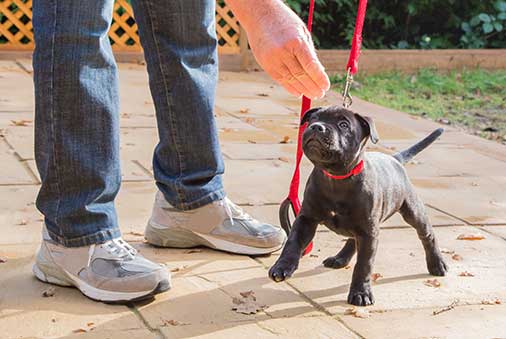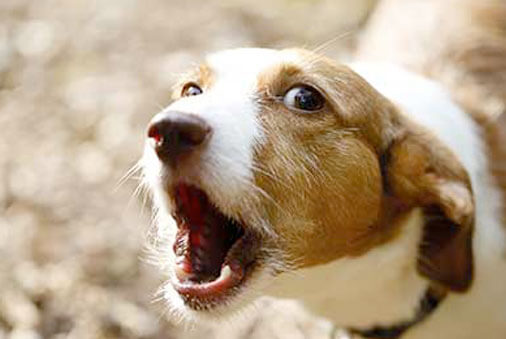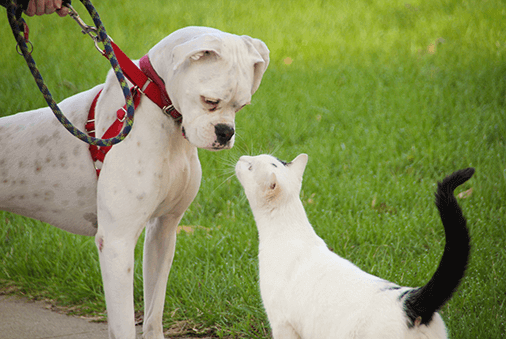1) Train your dog to obey commands
Be sure your dog can obey basic commands: Sit, stay, come and heel. Curb any behavior that might pose problems during or after your pregnancy, such as uncontrollable jumping and pawing at your baby bump or newborn. Enroll your dog in an obedience class if he needs a refresher.
2) Expose your dog to kids
Some dogs have never been around children, and kids at any age can be unpredictable — especially toddlers who tend to get close, have loud outbursts, and sudden behaviors, which can alarm your dog. Take your canine to parks and other places where moms and babies congregate so your dog can experience children’s behavior from a safe distance. Gradually introduce your dog to closer interactions by asking friends and family if you can join them on walks with their babies, ensuring your dog is a safe distance from jumping inside the stroller.
3) Introduce your dog to baby items and scents
The sooner your dog acclimates to baby paraphernalia, such as a stroller, crib, baby lotions, and toys, the better he’ll react to these new items when they invade his world. Bring one of your newborn’s hospital blankets home and introduce it to your pooch so your dog can familiarize himself with the scent before your baby comes home. Practice walking your pup next to an empty stroller without tying his leash to it. Remember, dogs can be unpredictable too. The last thing you want is for your pup to chase after squirrels if he’s attached to the stroller with your baby inside.
4) Find reliable caretakers for your dog
Be sure to schedule trusted friends and family to feed and care for your dog while you’re in the hospital having your baby. You can also give doggy daycare a try, which may help out for a few hours a day in the first hectic weeks of your baby’s homecoming. Find a reputable center that has plenty of attendants to give your dog enough loving care while he’s there.
5) Reward your dog for staying calm
Your dog will be excited to see you when you first come home so it’s probably a good idea to greet him without the baby in your arms. Hopefully he’s had a sniff of his new sibling beforehand and won’t be surprised by the new scent. Reward your dog for not jumping on you while you hold or feed your infant by having his favorite, tasty treats on hand.
6) Exercise (and distract) your dog
All of the changes in your home will most likely interrupt your dog’s routine, which may incite some unhealthy behavior. Redirect your pup with healthy distractions like exercise and favorite chew toys. Whenever you can, include your dog in your baby’s care — from diaper changes and nursing to stroller walks. Talk to your dog while interacting with your baby so they both get the attention and love they need.
7) Mitigate sibling rivalry between your dog and baby
Clearly designate baby and dog areas with safety gates so each has their own space. That way your baby can learn to crawl in peace while your dog isn’t tempted to chew on toddler toys instead of his own canine-safe ones.
8) Keep dog food on the counter
Bowls of dog food or water on the floor are way too tempting for crawling babies. Like dogs, infants put everything in their mouths, and that kibble (a choking hazard) looks mighty tasty. In addition, your dog might be territorial about his food and lash out at his sibling for stealing it.
9) Teach your baby to pet your dog gently
If you’ve ever had babies tug on your hair, you know they don’t know their own strength. Unless children are taught to pet gently, they may tug too firmly on your canine’s coat or tail. Dogs aren’t as forgiving as adults and may try to bite the little hand that’s pulling their fur.
10) Supervise your dog and child
Never leave your infant or toddler alone with your dog, no matter how well they bond. Abrupt movements, sounds and behavioral changes can alarm and harm either one of them. Children will most likely cry if something is amiss, but dogs may stay quiet. Watch for a pacing pup who looks at you or your baby strangely. It could mean your dog isn’t comfortable and it’s time to separate them.
All the loving care and patience you gave your pup has been the perfect training for your new baby. It may take a little time for your dog to get used to his sibling, but with your guidance and love, they’ll no doubt become best friends for life.

